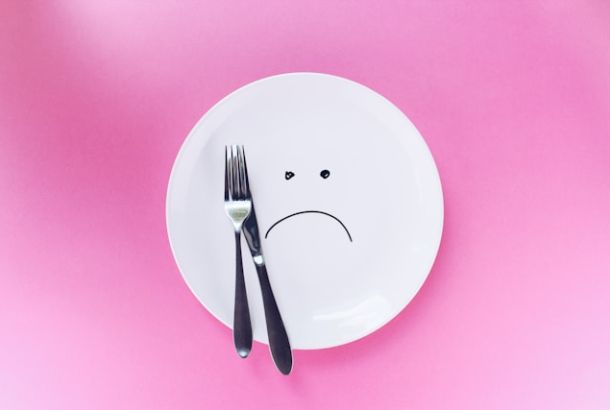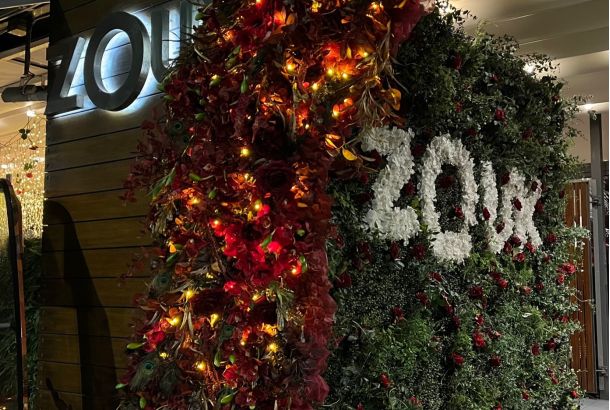The Sunday Roast: a students guide
A Sunday roast dinner is arguably one of the greatest meals for feeding a hungry crowd of students and, in my experience, it always goes down well. In the last four years I have prepared a roast chicken for friends of varying figures: the smallest was for four and the biggest fourteen! It only feels right that I should pass on everything I have learned about a cooking a well-timed, tasty roast dinner in a small kitchen with limited utensils!
Firstly, a word on shopping. Before you start cooking, write a list of absolutely everything that you will need. From your actual chicken and stuffing, to goose fat to roast your potatoes, herbs, and even a bottle of washing up liquid for during and after cooking; a shopping list will make sure you don’t have a nasty shock when your hands are covered in butter after prepping the chicken, and reach to cover your chicken in foil only to realise that you have forgotten it. This is also good if you are on a budget, as you can work out approximately how much you will be spending by looking online for prices.
For your chicken, I recommend simply stuffing it with a whole lemon, and then covering the skin in butter with some garlic, salt and pepper.
Potatoes: depending on how many people you are cooking for, make both roast potatoes and mash. The advantage of this is that mash doesn’t take up oven space, and once it is cooked and mashed you can pop a lid on the pan and reheat before serving. Investing in goose fat to roast your potatoes takes your potatoes to a new level of tastiness, and you can always keep the goose fat for subsequent meals.
Stuffing: I keep it simple, using classic sage and onion from a packet, and it always goes down well with guests. If you feel up for making your own then all power to you, but it is an added layer of preparation that doesn’t necessarily translate into better results.
Vegetables: frozen peas are a cheap and simple way of adding something green into your roast, and then roast carrots and roasted parsnips are essential accompaniments for a roast chicken.
Gravy: I keep a back-up pot of instant gravy granules so that if my home-made gravy gets used up, then no one will be left gravy-less. Optional extras, depends on the number of people coming for dinner and include Yorkshire puddings, pigs in blankets, and other vegetables such as steamed leeks or broccoli. I recommend adding one extra dish for every four extra people (Starting with the Yorkshires, obviously).
The next thing to do is check your utensils. I recommend a deep tray to cook your chicken in, so you don’t lose any of the precious juices that can be used to make your gravy later. In addition, be sure that you have adequate oven trays to cook roast potatoes, along with roasted carrots and parsnips, plus a separate dish for stuffing. It is also important to check how many pans you have, as you will need at least one pan to parboil your potatoes before roasting them. Last but not least, verify that you have enough plates and cutlery for every guest and yourself; you don’t want to be left eating your dinner out of a pan!
Once you have all your equipment and ingredients, the next thing I would advise you to do is to make a list of timings. This planning is essential and will reduce your stress levels substantially, particularly during the last half an hour of cooking.
Plan your timings around when you are aiming to serve up, and use this as a basis to work out how long different things need to cook. Don’t forget to take into account preparation times as well. For example, factor in peeling and chopping potatoes before parboiling them, and then once they are parboiled leave the potatoes to cool for 5 minutes.
The most important thing to remember here is that the chicken needs 30 minutes to rest after it has come out of the oven: at this point you can turn up the heat (the chicken will have been cooking at 160°C in a fan assisted oven, far too low to get your roast potatoes nice and crispy) and get the other components of your roast ready.
The most stressful part of the whole cooking will undoubtedly be the 10 minutes before serving. If possible, enlist a sous chef who can help with the last minute tasks, such as laying the table, cutting the chicken, and making sure that everyone has a drink. Good wines for this meal are a Chardonnay or Sauvignon Blanc for white drinkers, a Malbec for red drinkers, and on the non-alcoholic side, I would recommend an elderflower cordial topped with still or sparkling water. When everything is finished, make sure that you all sit down and toast the efforts of everyone involved.
Enjoy sharing the fruits of your labour with your friends, and bask in the satisfaction you will feel after completely this marathon task: Cooking the perfect Sunday Roast.







